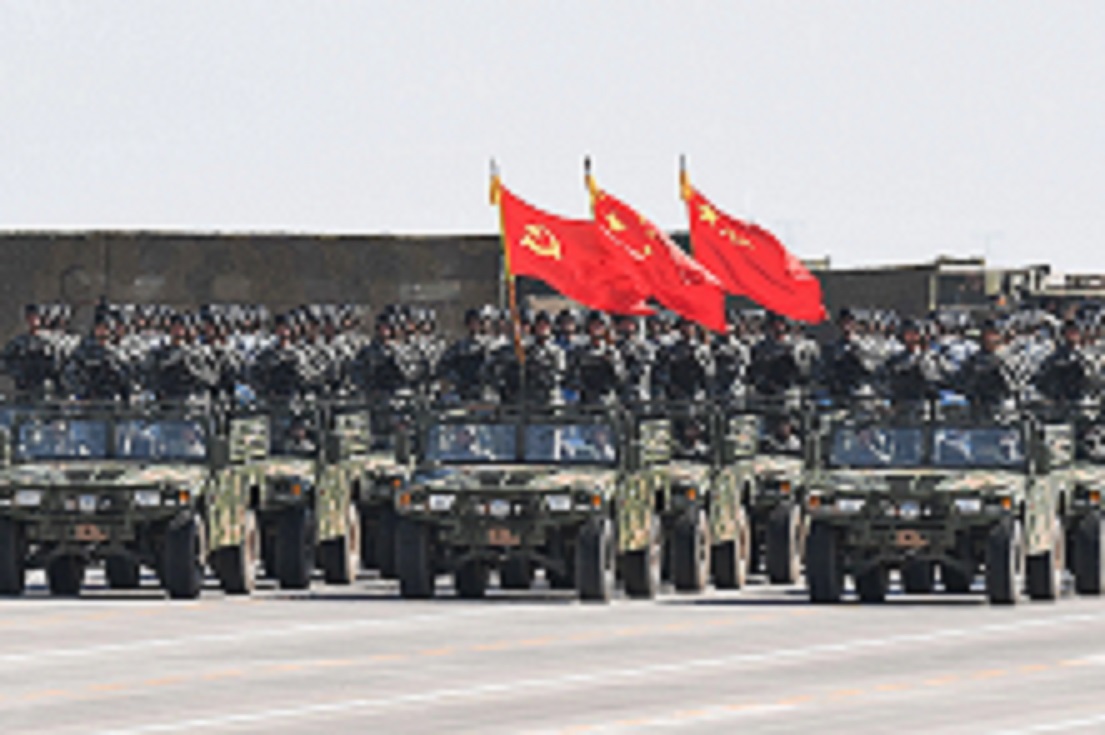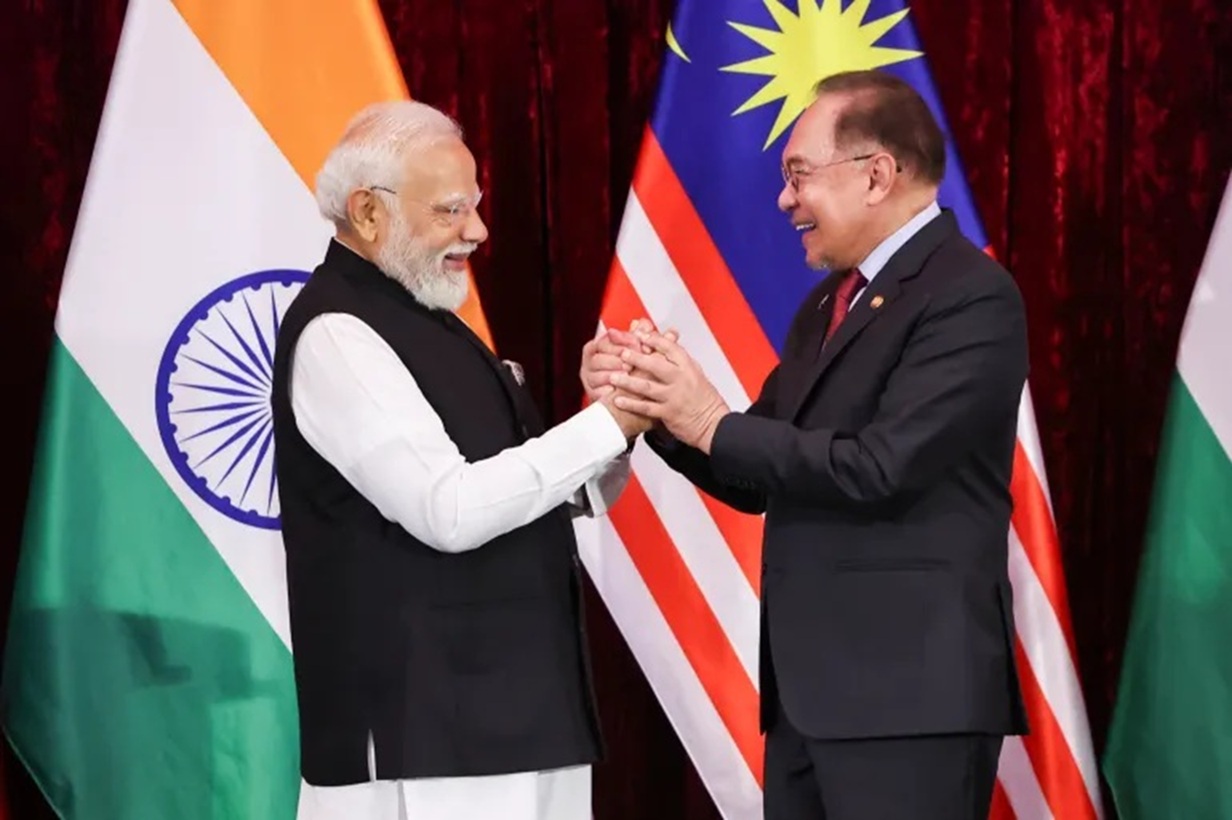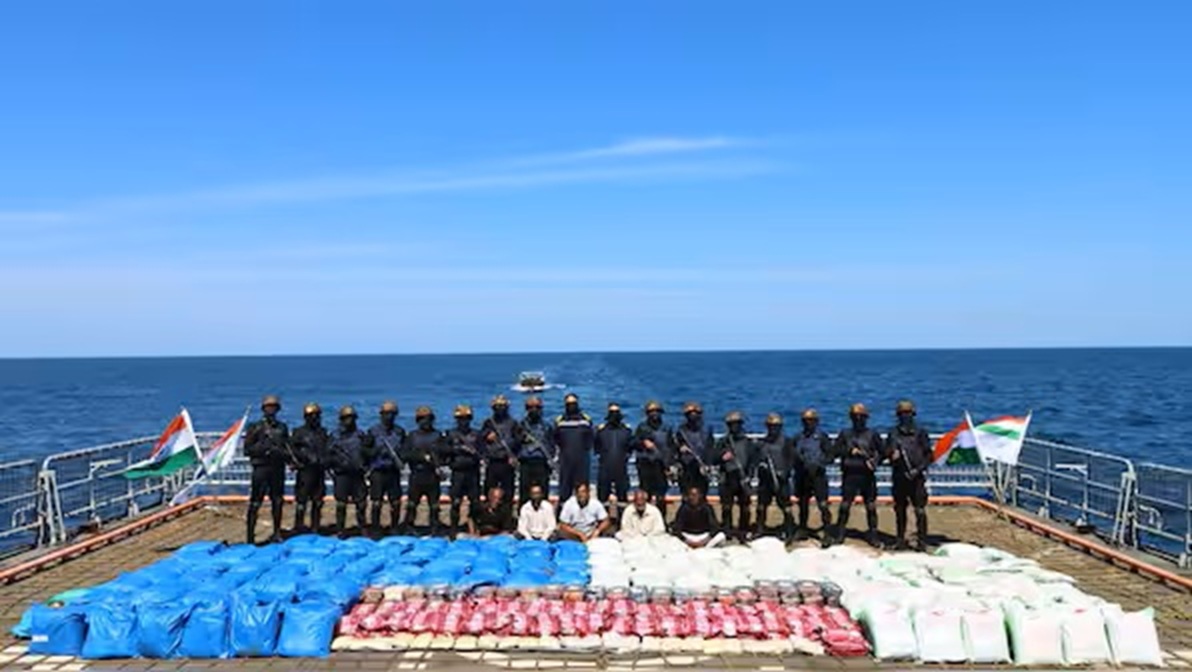“Provincial-level leaders in general, and those from the frontier provinces in particular, playing an important role in deepening China’s relations with neighbouring countries will remain an important element of China’s foreign policy thrust.”
Till a few months ago, a majority of Chinese diplomats posted at the Ministry of Foreign Affairs (MOFA) in Beijing and at the country’s diplomatic missions abroad seemed to rejoice being referred to as wolf warrior diplomats, a rather unsavoury epithet for any career diplomat. The usage of wolf warrior diplomacy has its origin in the Chinese action film Wolf Warrior 2, where the hero, Leng Feng, a loose cannon Chinese soldier, a kind of Chinese Rambo, trots the globe protecting China’s national interests. Wolf warrior diplomacy, as is well known, was a type of assertive, if not aggressive diplomacy adopted by Chinese diplomats even as President Xi Jinping was guaranteeing through legislation a seemingly smooth, but unprecedented third term ascension to China’s high offices five years ahead, (i.e., on the eve of his taking over his second term of the top posts in the ruling Communist Party (CCP) and the government in 2017 and 2018, respectively).
The typical Chinese diplomat, shy and hesitating, always mindful of his demeanours till then suddenly shed his tentativeness and started using undiplomatic, or even arrogant language against critics, be that be senior bureaucrats or even national leaders of the receiving states. They even engaged in physical violence (in some cases) against dissidents and other protestors demonstrating outside Chinese diplomatic missions. They did not let go of any comments or observations they perceived as denouncing any Chinese policies or actions or criticism of Chinese leaders and other functionaries in the government and the ruling Chinese Communist Party. An army of cohorts, many of them paid, supported the MOFA officials on social media and elsewhere, like in the comments sections of even obscure online publications. In other words, the country was following aggressive, confrontational and combative diplomacy with few parallels in history.

The question here is, in reality, did China’s attempts to achieve ‘discourse power’ in international politics under this new “major-country diplomacy” strategy to garner a bigger role in the global arena, and also win its “open ideological struggle” with the West succeed? To be fair, Chinese diplomacy in general did achieve some success during the period in certain areas, that on closer reveal have been limited to areas where the ‘withdrawal” of the United States had created a vacuum. Secondly, it also succeeded in “purchasing” influence by the clever use of its well-known chequebook diplomacy. Overall, wolf warrior diplomacy did not achieve the desired results, but instead ended in alienating to an extent Chinese diplomats from the mainstream diplomatic corps in the democratic world. The Chinese leadership soon realised that it could have achieved more by following time-tested diplomatic niceties, adequately supported by its financial heft. This led to Xi Jinping’s decision to entrust the running of the country’s foreign policy to two professionals with proven track records. Former foreign minister Wang Yi was elevated as the director of the CCP’s all-powerful Foreign Affairs Commission Office, and another veteran career diplomat, China’s former ambassador to the U.S., Qin Gang was made the new foreign minister.
The Wang-Qin duo has been pursuing the country’s foreign policy objectives with renewed vigour and achieving success, like in the case of the Saudi Arabia-Iran rapprochement, which later encouraged them to offer mediation in the long-festering Israel-Palestine issue. However, Xi Jinping seemed to be in a hurry to regain the ground China lost to the wolf warrior approach and break new ground, particularly against the background of growing pressures from the West, especially in the tussle with the US, and the Taiwan issue. Some observers, including this writer, did not fully understand what Qin Gang meant when he stated last month that the MOFA has pressed the “acceleration button” in diplomacy. An interesting aspect of the new MOFA strategy in its pursuit of foreign policy objectives that could now be discerned is the increased role of provincial leaders, both from the provincial CCP and the provincial governments. Under the new strategy, what some regional observers call “the new charm offensive”, the provincial leaders would visit neighbouring countries at acceptable intervals and meet with leaders at different levels and build up personal relationships that could eventually contribute to strengthening country-to-country bilateral relations.
Reportedly, it has been assessed that the provincial leaders needed to be used aggressively as they could, among other things, make their counterparts, or even the national leaders in the neighbouring countries comfortable and build up good “guanxi” that can bring in rich dividends from short term to long term, particularly when such provincial level leaders on either side move up in their respective career paths over time. [The word guanxi means relation/connection etc., but in the Chinese context, it is a social concept based on the exchange of favours, in which personal relationships are considered more important than laws and written agreements.] Moreover, it may not be feasible for China’s national-level leaders to visit all the important countries within any scheduled time as MOFA would have wanted. At the same time, provincial leaders will be able to make an immediate impact on the leaders across the border because of cultural affinities and geographic proximity. It is believed that this type of senior mid-level interaction would help China achieve the country’s objectives without attracting undue attention or interference from vested external interests as during the visits of national leaders. Domestically, the credit for success could be appropriated by the Party’s central leadership, and setbacks, if any, could be conveniently dumped at the doorsteps of the respective provincial leaders. As a part of the strategy, leaders of certain frontier provinces have started embarking on such visits to neighbouring countries.
The recent visits under the programme include a four-day, three-country trip by Ma Xingrui, the Party secretary of the far western region of Xinjiang to the neighbouring Central Asian republics of Kazakhstan, Uzbekistan and Kyrgyzstan in March. Among the leaders he met was Kazakh President Kassym-Jomart Tokayev. As a part of this new initiative, Wang Ning, the Party chief of the southwestern province of Yunnan undertook an 8-day visit to Vietnam, Laos and Myanmar last month. Wang Ning had met, among others, Myanmar junta chief Min Aung Hlaing in Nawpyidaw. Liu Ning, CCP secretary of the southern provincial-level autonomous region of Guangxi Zhuang visited Vietnam, Singapore and Malaysia in a 10-day tour from March end. Among other things, he met Nguyen Phu Trong, the Vietnamese Communist Party chief. Around the same time, Jin Guowei, deputy governor of the northeastern province of Liaoning undertook visits to Japan and South Korea.
There were arguments that the visits by provincial leaders were a natural corollary to the removal of Covid-19 pandemic restrictions that lasted for almost three years in China. Others felt that these leaders were waiting for the once in five years National People’s Congress to end in the second week of March to undertake these trips. However, generally, well-informed observers maintained that the use of provincial leaders in general, and those from the frontier provinces in particular, to deepen China’s relations with neighbouring countries will remain an important element of China’s foreign policy thrust. Whether the provincial leaders would succeed in their charm offensive in the neighbouring countries is anybody’s guess. But nobody seemed to doubt that the country would resort to weaponising trade, including imposing trade restrictions on such neighbouring countries that do not toe the Chinese line, would also remain a part of its economic diplomacy. After all, China has a history of coercing at least 15 countries economically in the past decade!
Disclaimer: The views and opinions expressed by the author do not necessarily reflect the views of the Government of India and Defence Research and Studies
Title image courtesy: Foreign Policy
Article Courtesy: Asian Institute for China and IOR Studies





